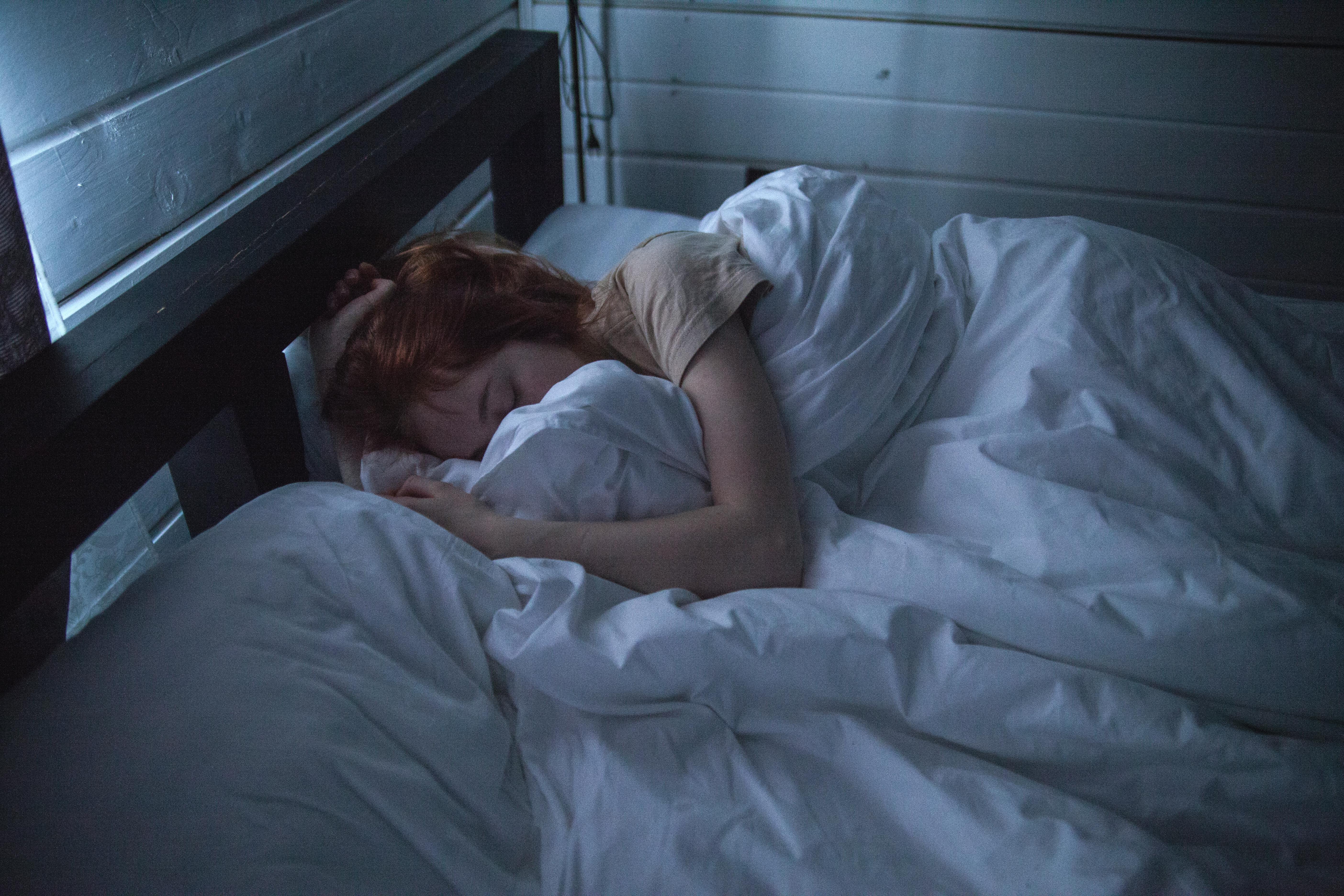
Waking at 3 a.m.? Sleep Doctor Reveals Top Cause and How to Fix It
One of the most frequent complaints heard by sleep physician Dr. Samanta Dall’Agnese is patients waking at 3 a.m. and struggling to fall back asleep — a symptom she says may signal chronic insomnia. Dr. Dall’Agnese, a sleep specialist and ENT physician with over 12 years of experience, explained that waking up in the night multiple times a week for more than three months may indicate a long-term sleep disorder.
Chronic insomnia is defined by persistent difficulty falling asleep, staying asleep, or waking too early at least three times a week for over three months. According to Dr. Dall’Agnese, treatment typically involves cognitive behavioral therapy and professional medical evaluation.

Woman sleeping | Source: Pexels
Among the most common contributors to poor sleep is alcohol consumption. “Alcohol is the No. 1 sleep disruptor,” she noted, emphasizing its impact on REM sleep and long-lasting effects on brain function.
Environmental and lifestyle factors also play a key role. Sleeping in a cool, dark room between 60–67°F, eating lighter meals in the evening, and reducing caffeine intake after 2 p.m. can improve sleep quality. Mental health also contributes: anxiety and nighttime rumination may require relaxation techniques or therapy.
Dr. Dall’Agnese also points to undiagnosed sleep apnea as a possible cause, especially for those who snore loudly or wake up gasping. She recommends the STOP-Bang questionnaire to assess risk and encourages medical follow-up if symptoms are present.

Woman trying to sleep | Source: Pexels
While certain supplements like L-theanine, glycine, and valerian may support sleep, she cautions they should not replace healthy habits. “Supplements are sidekicks, not a replacement,” she said.
Dr. Dall’Agnese advises anyone facing persistent sleep disturbances to consult a healthcare provider rather than rely on unverified remedies.
The information in this article is not intended or implied to be a substitute for professional medical advice, diagnosis or treatment. All content, including text, and images contained on contraSpero.com, or available through contraSpero.com is for general information purposes only. contraSpero.com does not take responsibility for any action taken as a result of reading this article. Before undertaking any course of treatment please consult with your healthcare provider.
